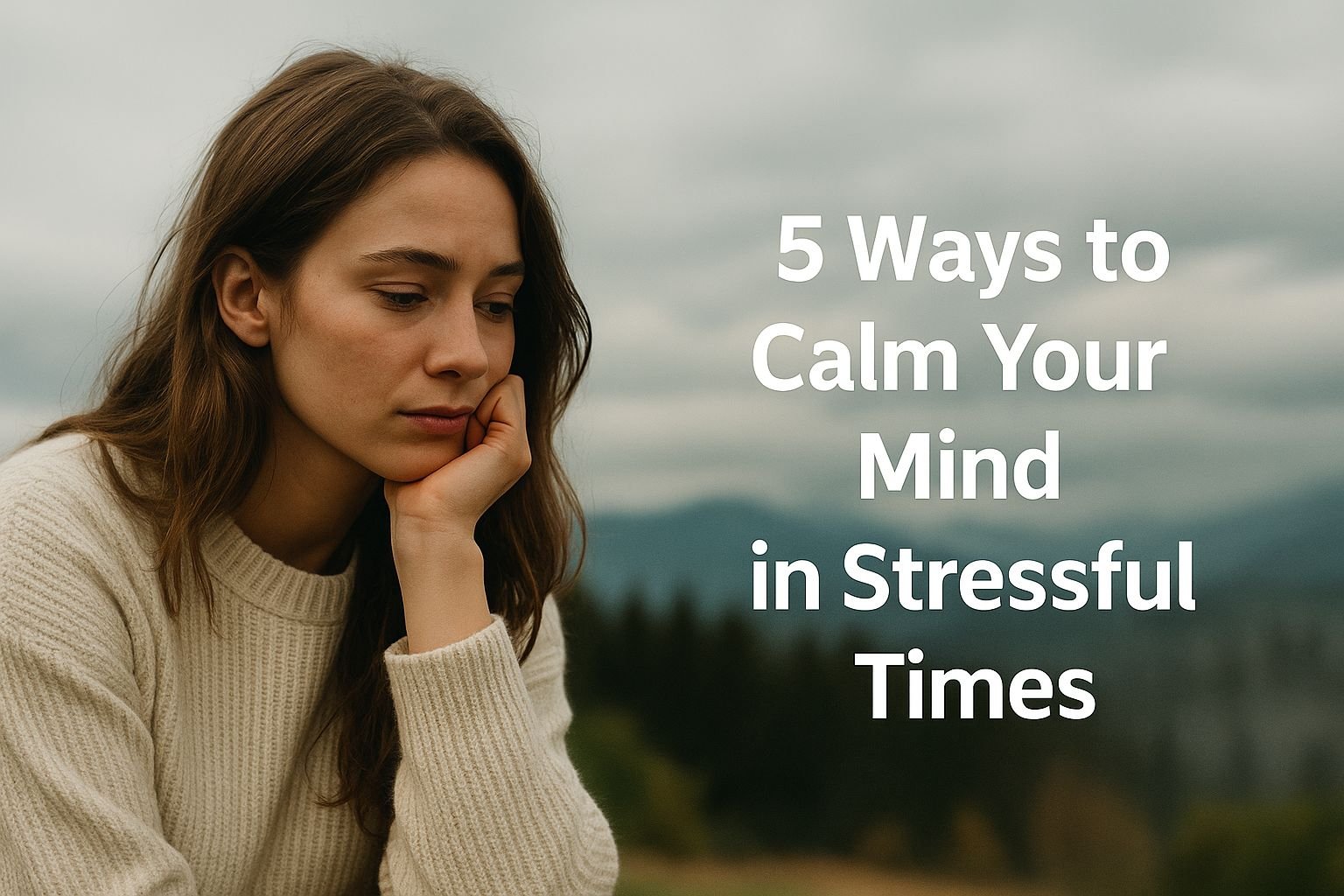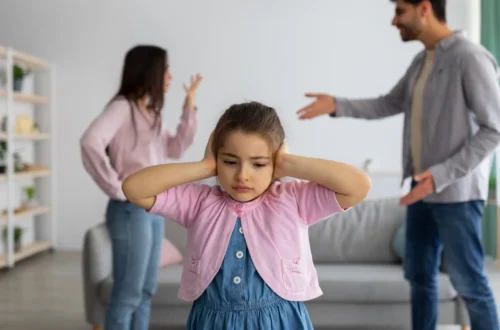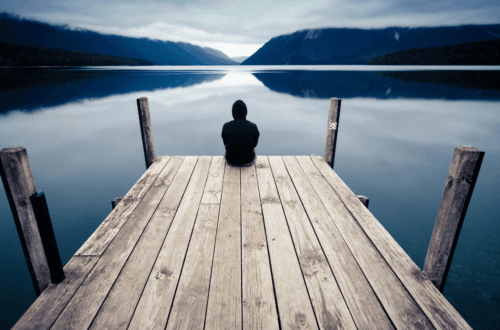Have you ever found yourself lying awake at night, thinking about melting ice caps, forest fires, or rising sea levels?
Do you feel helpless, angry, or overwhelmed when you hear the latest climate news?
You’re not alone. What you may be experiencing is something more and more people are going through — especially in 2025:
Eco-Anxiety.
In a world where headlines about environmental crises never seem to stop, it’s completely natural to feel a mix of worry, grief, guilt, and confusion. But the good news is: you can learn to care deeply without drowning in fear.
This article will help you understand what eco-anxiety really is and offer you five realistic, science-backed strategies to help you cope with eco-anxiety — starting today.
What Is Eco-Anxiety?
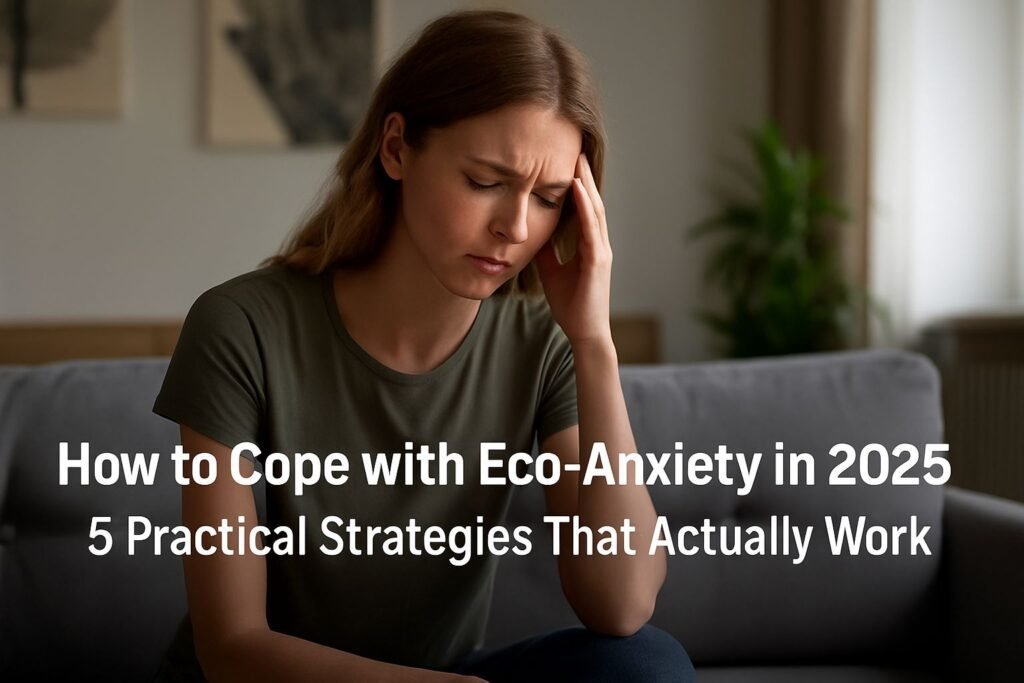
Eco-anxiety is defined as a persistent fear or worry related to environmental destruction.
It’s not a clinical diagnosis — yet — but mental health professionals recognize it as a real and growing concern. Especially among young people, activists, parents, and those who live in areas impacted by climate disasters.
You may be suffering from eco-anxiety if you:
• Constantly feel dread or despair about climate change
• Experience guilt over your carbon footprint or lifestyle
• Feel frozen, unsure how to help
• Have anxiety attacks after watching the news
• Avoid conversations about the environment because they make you panic
According to a recent global survey published in The Lancet, over 59% of people aged 16–25 say they are “very” or “extremely” worried about climate change.
Where Does Eco-Anxiety Come From?
Eco-anxiety stems from:
• Real-world environmental threats: hurricanes, fires, floods, pollution
• Media saturation: constant news about climate doom
• Moral distress: wanting to do something but feeling powerless
• Lack of trust in leadership: feeling like governments and corporations are failing us
It’s a completely valid response to an overwhelming issue.
But chronic stress and emotional burnout can hurt your mental health, relationships, and motivation. That’s why learning how to cope with eco-anxiety is essential.
5 Practical Ways to Cope with Eco-Anxiety in 2025
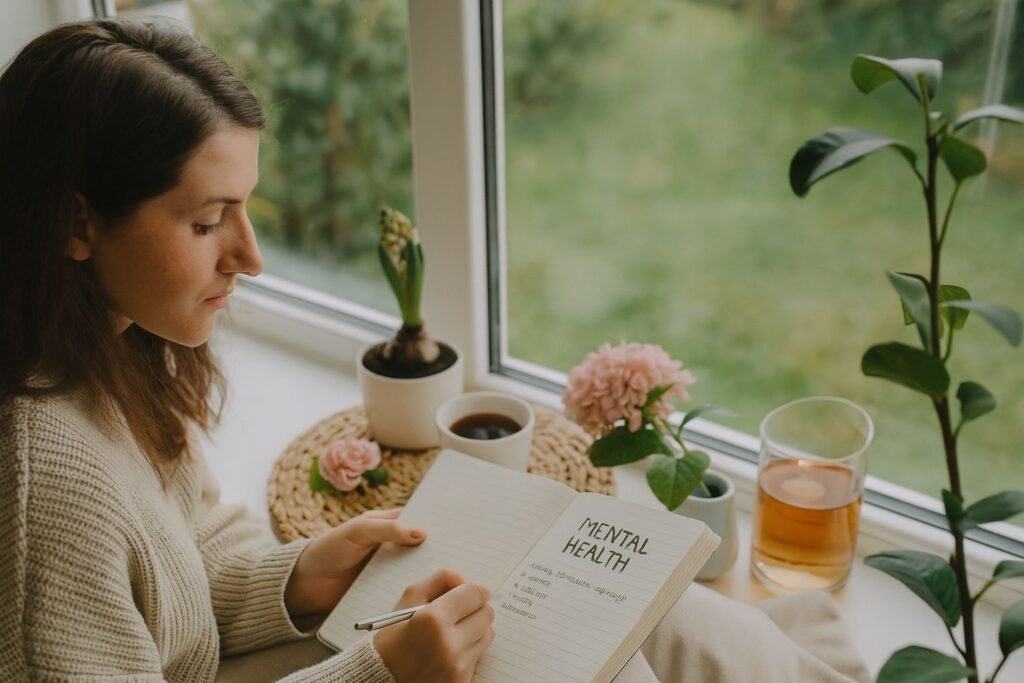
- Acknowledge the Feeling Without Judging It
The first step is to name it. Say:
“I am feeling anxious about the environment. That doesn’t mean I’m weak. It means I care.”
Your anxiety is not your enemy — it’s your alarm. But you don’t need to live inside that alarm.
Try journaling about your feelings. Give them space, but don’t let them take over.
Mindfulness meditation and grounding techniques can help you sit with discomfort without spiraling into hopelessness.
- Take Breaks from the Climate Conversation
Yes — it’s okay to look away for a while.
You don’t need to consume every article, every update, or every activist thread on social media.
Set limits:
• Turn off climate news alerts
• Choose one day per week as a “green-free” day (no eco-discussion)
• Unfollow accounts that fuel panic instead of purpose
Protecting your peace is not denial. It’s self-preservation.
- Reclaim Control Through Action (No Matter How Small)
One of the best ways to reduce eco-anxiety is to take meaningful action.
Not everything has to be revolutionary. Even small acts help you feel empowered.
Try:
• Switching to reusable bags and water bottles
• Supporting sustainable brands
• Growing your own herbs or veggies
• Volunteering for a tree planting event
• Donating $1/month to climate-focused NGOs
Focus on what’s within your control — not what’s beyond it.
- Rebuild Your Relationship with Nature
When’s the last time you were truly quiet in nature?
Eco-anxiety often comes from feeling disconnected — both from the Earth and from ourselves. Rebuilding that connection helps restore inner balance.
Go for mindful walks, listen to birds, lay on the grass, watch the sky.
Nature is not just something to protect — it’s also a healer.
According to research from Stanford University, spending just 2 hours per week in natural spaces can significantly lower symptoms of anxiety and depression.
- Find Community — Online or Offline
Eco-anxiety is isolating. Many people suffer in silence, afraid they’re “too sensitive” or “too dramatic.”
But when you connect with others who feel the same, something amazing happens:
You feel seen. Understood. Recharged.
Look for:
• Local eco-therapy groups
• Youth climate forums
• Reddit threads like r/EcoAnxiety
• Faith-based or spiritual communities with environmental missions
Talking to a therapist trained in climate-related grief or burnout can also be a life-changing step.
Bonus: Transform Your Anxiety into Advocacy
Your anxiety is a compass. It points you toward what you value.
Instead of letting it paralyze you, let it fuel you.
You don’t have to do everything. But you can do something.
Whether it’s storytelling, education, art, science, or community care — your voice matters.
And when you use it, your fear often softens into focus.
Common Questions About Eco-Anxiety
Q: Can eco-anxiety cause physical symptoms?
Yes. It can lead to insomnia, fatigue, loss of appetite, headaches, and even panic attacks.
Q: Do I need therapy?
If eco-anxiety is interfering with your daily life or mental health, therapy can absolutely help — especially with someone trained in climate trauma or environmental grief.
Q: Can children suffer from eco-anxiety?
Yes. Many children and teens express fear, sadness, or anger about the future of the planet. Open, honest, age-appropriate conversations are essential.
Final Words: You Can Care Without Crashing
Here’s the truth: You are not broken for feeling overwhelmed. You are not weak for needing rest.
You are human — and your compassion is a strength, not a flaw.
Learning how to cope with eco-anxiety is not about ignoring the crisis — it’s about building resilience so you can face it with heart and hope.
The world needs more people who care.
And caring for the Earth starts with caring for yourself.
